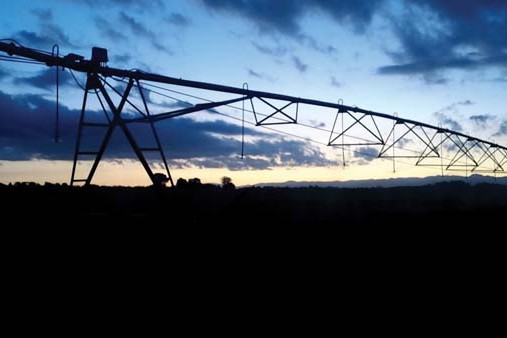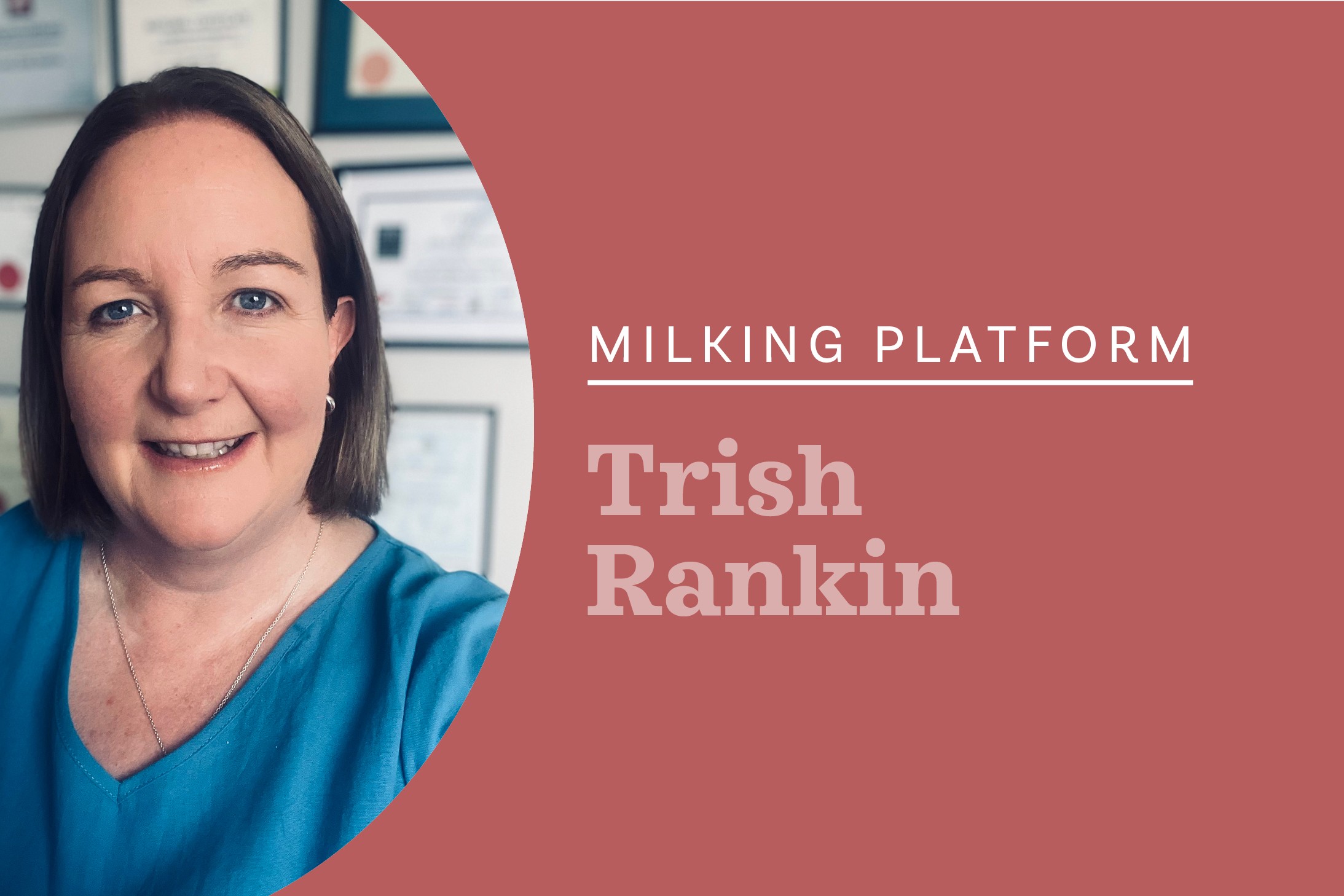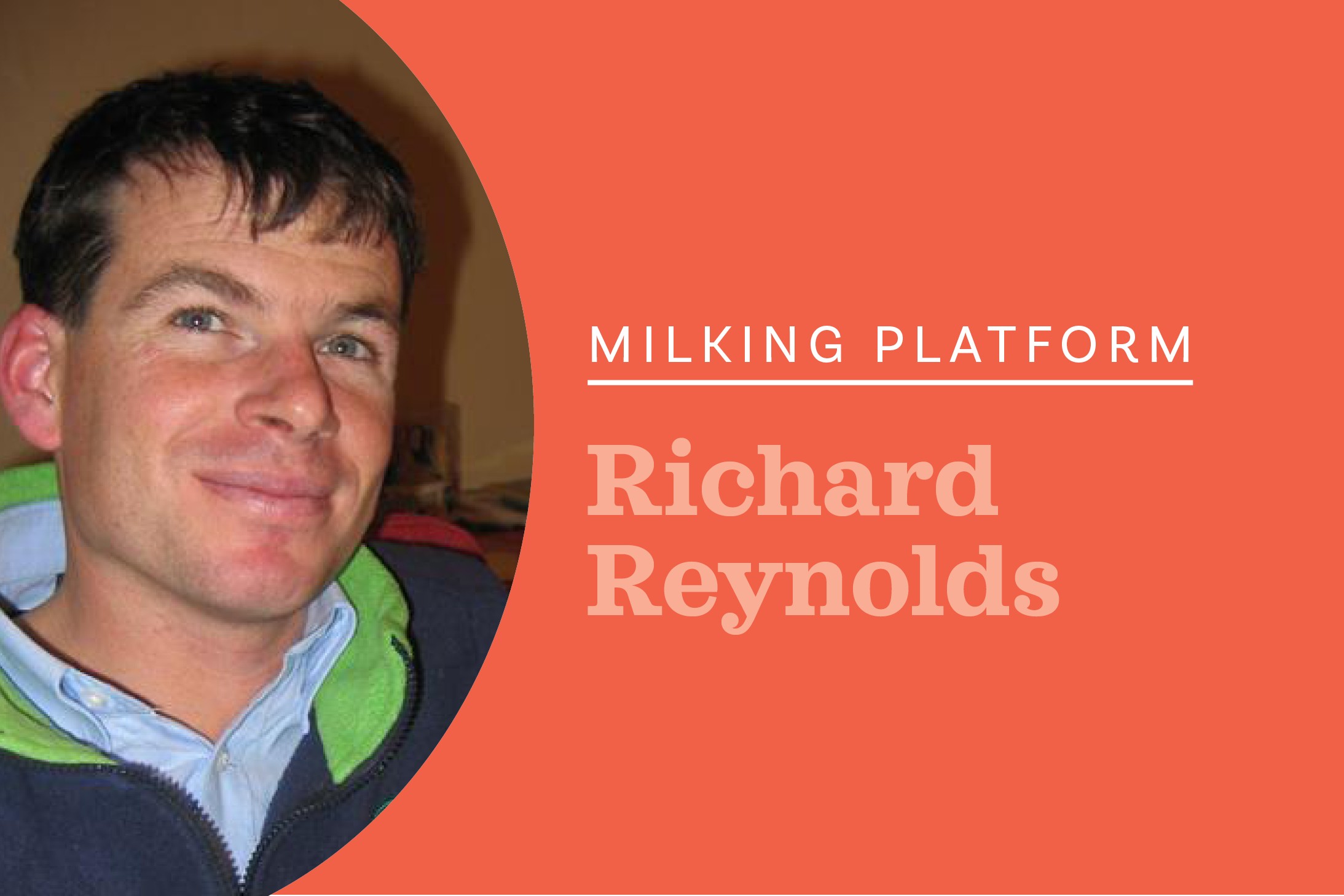In his last column as a sharemilker Sam Sherrard ponders the ups and downs of dairying.
In these difficult and changing times it is comforting to know that there is one thing we dairy farmers can rely on – the one thing that will outlast the cockroaches – and that is dairy farmers complaining about the DairyNZ levy.
The mouth breathers have told us that DairyNZ can’t teach them anything, a point I concede is often technically correct. Letters to the editor complaining that information and statistics can be found in other places “for free” forget to mention (or just forget) that the information is available free because DairyNZ, by and large, makes their information freely available for others to use and in some cases take credit for.
I’ll admit we use less of DairyNZ’s services than when we were starting out, but it is fantastic to have them to call on if need be and to provide that knowledge repository for the next generation of farmers.
You may be able to guess which way I voted. This year it will have less consequence for our business because by the time you read this we will no longer be herd-owning sharemilkers. This means that come July there will be no calves to feed (calf feeders $70 each), no cows to calve (calving jack $400). We won’t escape the temporary fence though, with plenty of reels to wind on the dry stock block.
We made the conscious decision to uncouple from the industry before Christmas, before the drought, and before the pandemic – remember those golden days? Since then everything has changed.
In my last column as a sharemilker I thought I might do something out of character and speak frankly about how I see things. The future for New Zealand dairying as an industry remains bright. In the short term it looks likely that farm-gate prices may dip (farm gates $90 each, eight to choose from) but really who the hell knows?
So if the future is bright why, you might ask, are we leaving? I know many very successful herd owning sharemilkers but the reality is many others are struggling. Prolonged climate “anomalies”, a reduction in farm intensification, and increasing labour and compliance costs are hitting the industry hard, especially for sharemilkers. Whilst it isn’t an easy environment for any dairy farm owner, they may choose to defer fertiliser or bigger farm maintenance projects when times are tight. There is often less scope for a sharemilker to cut costs from their operation, particularly where the outside labour input is already minimal.
The DairyNZ economic survey of 2017-18 found for the fifth time in the past decade there were negative returns on equity for 50:50 sharemilkers and a total return on assets of just 1.6%. Not ideal when your asset is a living animal. We, like others in the industry, believe New Zealand has reached peak cow. This means that the significant income from stock sales, which have been a traditional part of a sharemilker’s gains, are more difficult to achieve. Static or falling stock values also represent a risk, especially if the decision of when to sell is taken out of your hands by a farm sale or similar. We took a long hard look at the risk level, our family situation, and the returns and realised it didn’t add up.
In deciding our next move we did flirt with the idea of selling the cows and moving to a contract or lower order job. Forgetting the complications of the lease block we did the numbers on a few of the advertised jobs and some pretty sad dollars dropped out at the bottom. The income was similar to a manager’s job and, if you were lucky, it might compensate you for having to pay and arrange your own leave. There didn’t appear to be any fat in the system to reward the risk being taken on.
Cynically one might think that these contract jobs are a ploy by farmers to avoid having employees. It’s been a tough few years for everyone, but if you can’t afford to pay people for the hours worked perhaps consider doing the job yourself.
We have really enjoyed our time in the dairy industry and appreciate what it has helped us achieve. All that is left now is to remind you to wash your hands, be kind, and look after your stock agent.





